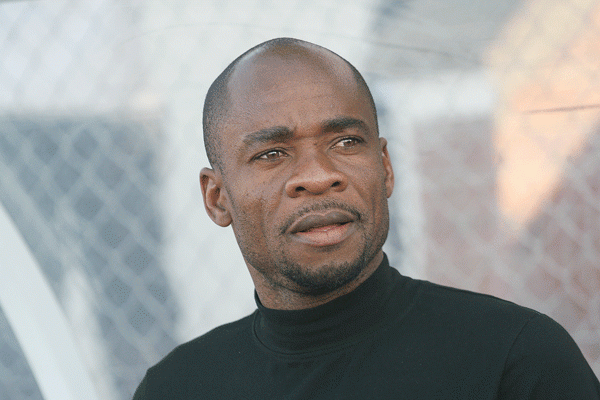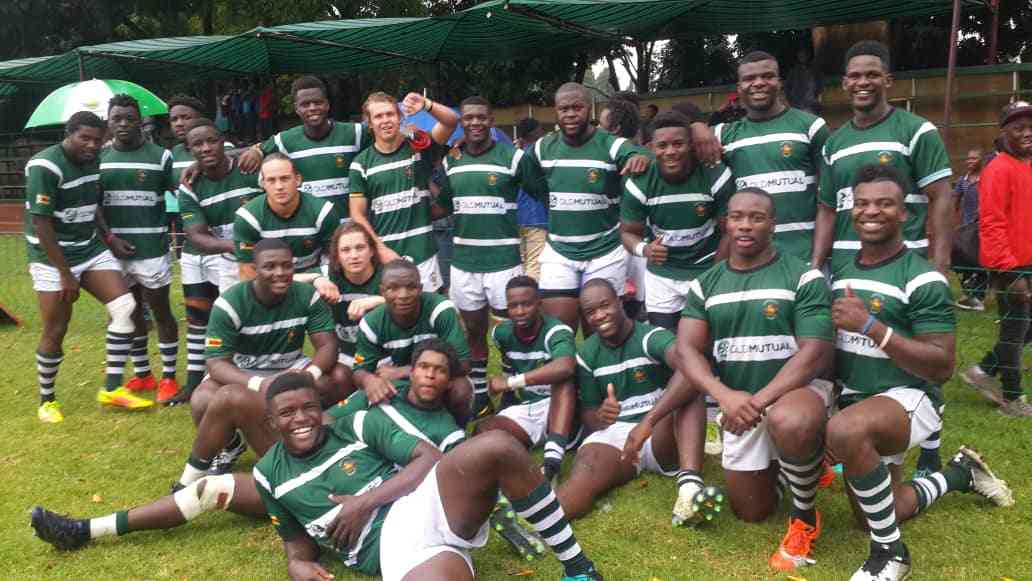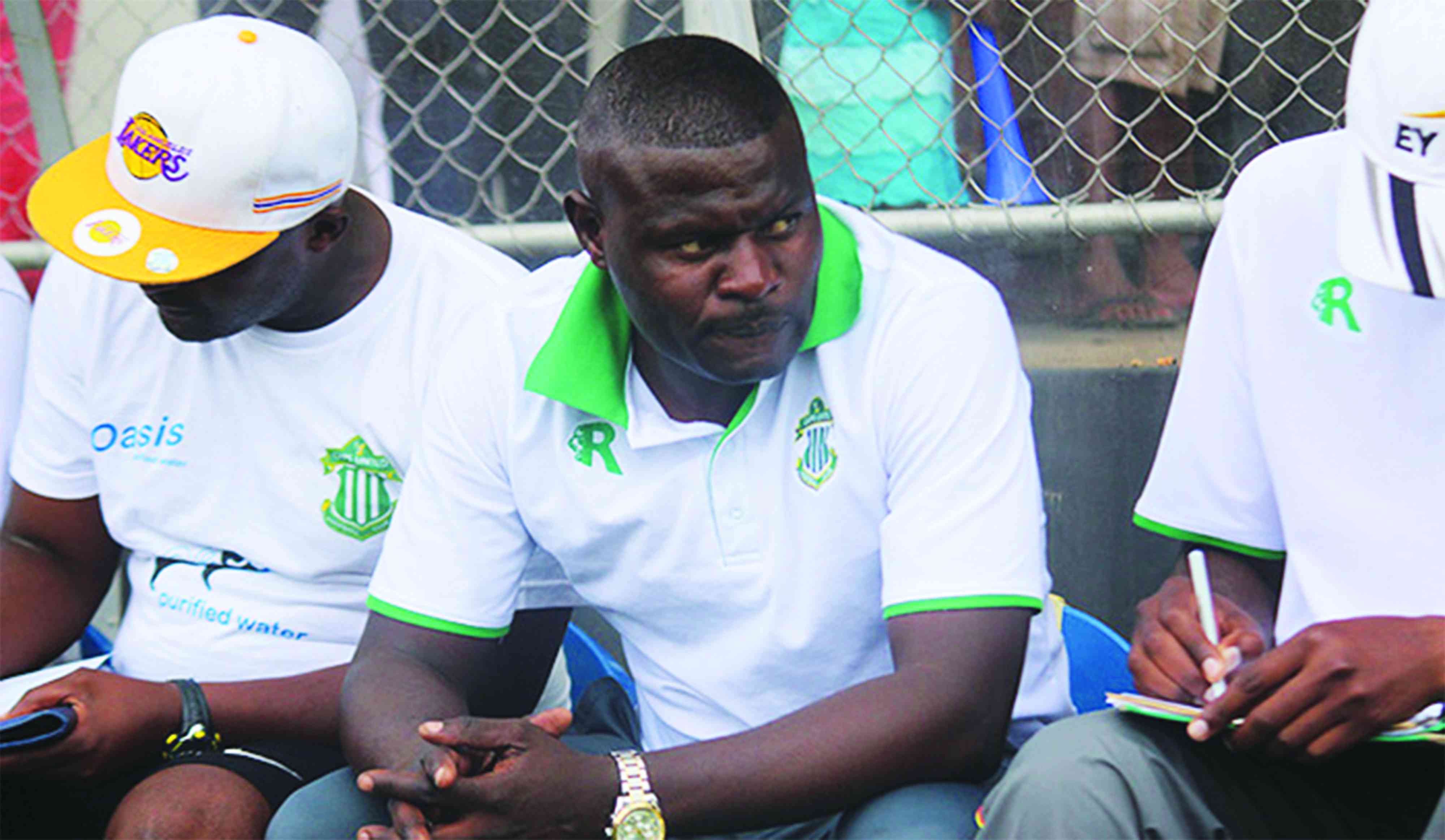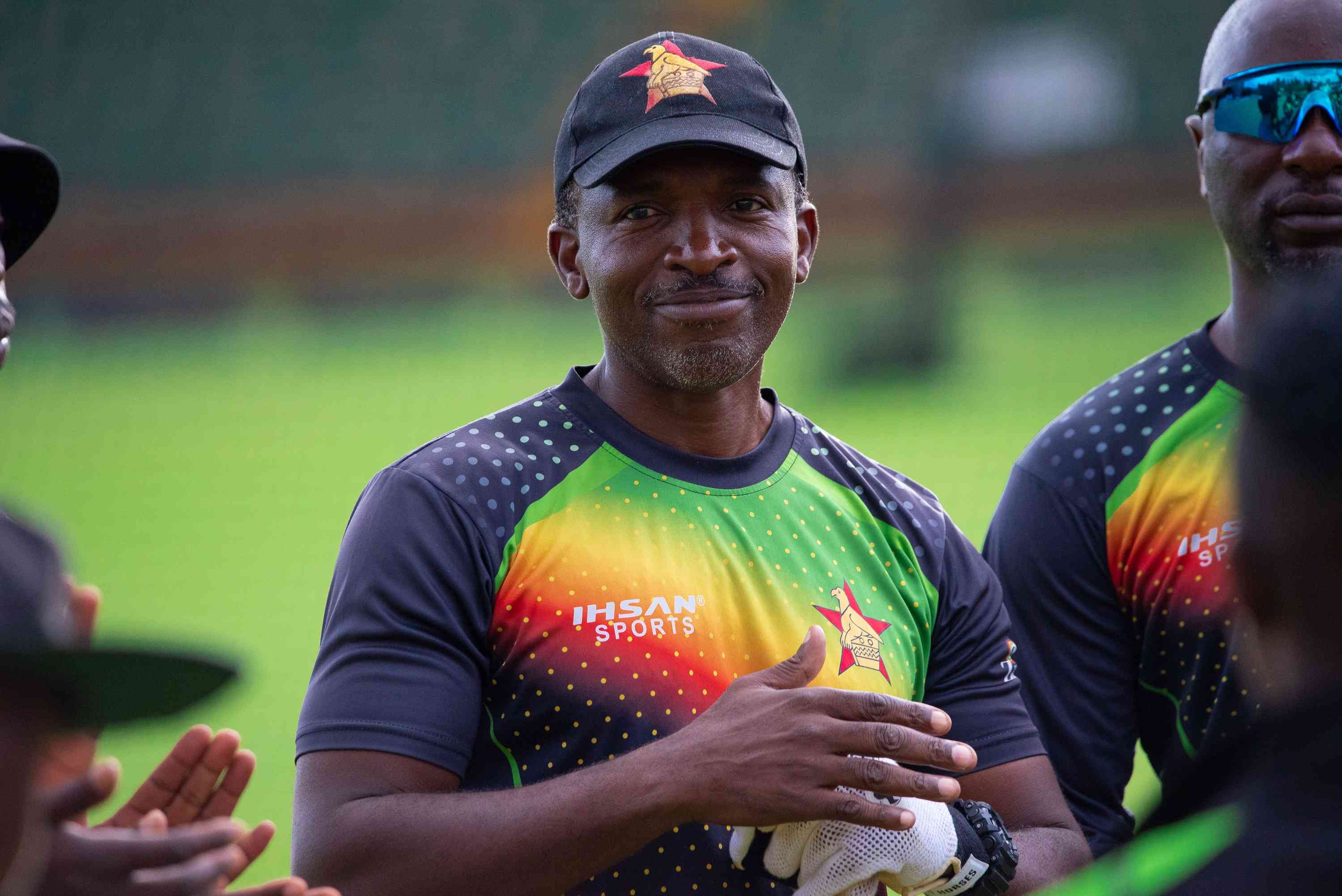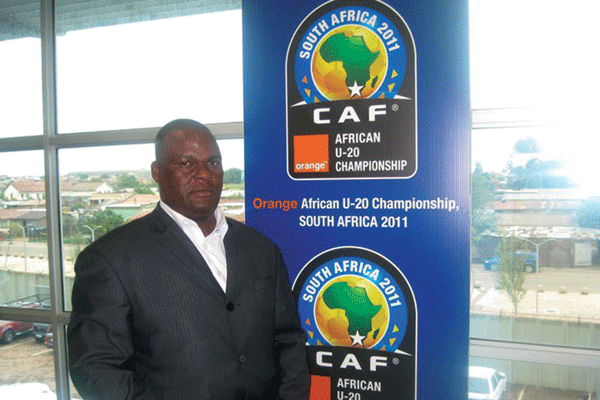
FORMER Zifa development officer, Jonathan Musavengana and two other officials have been banned from all football activities by Fifa for violating the federation’s ethics code in relation to bribery and corruption related to friendly matches played in the build-up to the 2010 South Africa World Cup.
BY HENRY MHARA
Musavengana and former Togo national team coach, Banna Tchanile both received life bans from all football-related activities, while former South African Football Association (Safa) president, Kirsten Nematandani was banned for five years.
“The three cases decided related to international friendly matches played in South Africa in 2010, as well as to cases decided by the adjudicatory chamber in October 2015 and March 2016,” Fifa said.
“Nematandani was found guilty of having violated art. 13, art. 15 (loyalty) and art. 18 of the Fifa code of ethics (FCE) and was sanctioned with a ban from taking part in any football-related activities for five years.
Furthermore, the adjudicatory chamber decided that Musavengana and Tchanile had both infringed art. 13 and art. 21 (bribery and corruption) of the FCE and imposed a life ban on the two former officials.”
The bans were effective as of yesterday.
Fifa believes that some of South Africa’s friendly games in the weeks ahead of the continent’s first World Cup were fixed.
- Chamisa under fire over US$120K donation
- Mavhunga puts DeMbare into Chibuku quarterfinals
- Pension funds bet on Cabora Bassa oilfields
- Councils defy govt fire tender directive
Keep Reading
Musavengana was allegedly the middleman in arranging corrupt referees to handle the matches.
The trio were linked to a company controlled by convicted Singaporean match-fixer, Wilson Raj Perumal, to appoint the referees for the games.
Fifa hasn’t identified the games in question, but South Africa’s 2-1 win over Colombia and 5-0 win over Guatemala a couple of weeks before the opening of the World Cup were subject of suspicion.
All three goals in the South Africa-Colombia game came via penalty kicks. There was a collection of bizarre refereeing decisions in the South Africa-Guatemala game.
The match was refereed by Niger official, Ibrahim Chaibou, who has also been implicated in other allegedly fixed games.
South Africa’s game against Colombia, and an earlier 4-0 win over Thailand in another pre-World Cup friendly, were both refereed by Langat Kipngetich of Kenya.
It is believed that some Safa officials eventually suspected what was happening and prevented Perumal’s referees from taking control of later World Cup warm-up games.
This is not the first time that Musavengana has been implicated in match-fixing.
Together with former Zifa chief executive officer, Henrietta Rushwaya, they were named as the main actors in the Asiagate match-fixing scandal, where Warriors players were allegedly paid money to throw matches in Asia.
Musavengana and Rushwaya were both banned for life for their alleged roles in the scandal, but the sanctions were never ratified by Fifa.
He was also recently named as part of a syndicate that is reported to have targeted Warriors’ Africa Cup of Nations qualifiers against Swaziland.



